Category: Everything’s complicated
-
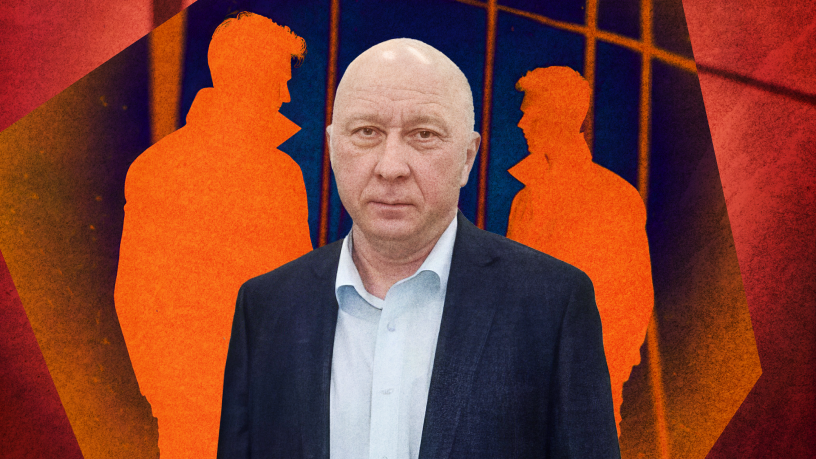
Co-authors. Who and How Fabricated the Case Against Physicist Oleg Kabov?
During the trial of physicist Oleg Kabov, it emerged that the criminal case had been initiated by two of his former students. One of them, after threatening Kabov, joined the FSB (Federal Security Service of Russia), after which the second student filed a denunciation against his former scientific supervisor. It also became clear that the…
-
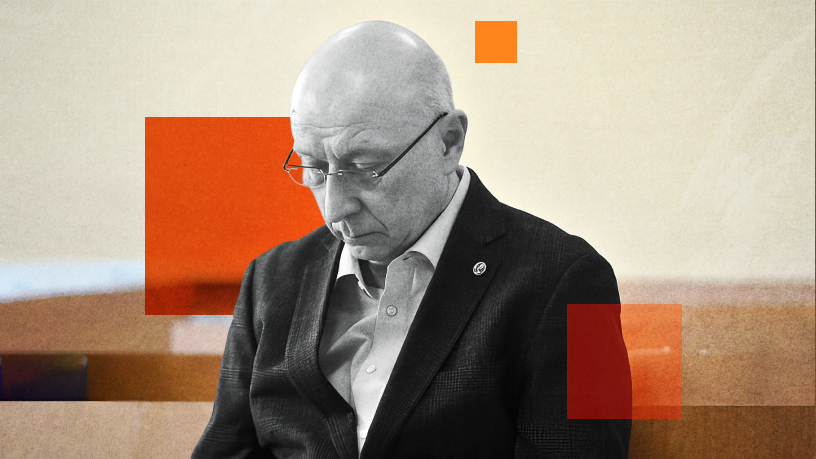
“The accusation against Oleg Kabov is a mental attack”. The prosecutor’s office requested a seven-year sentence for the scientist and a ban on working in science for another three years
The Novosibirsk prosecutor’s office has come up with such a way of correcting physicist Oleg Kabov, a corresponding member of the Russian Academy of Sciences. The prosecution asked for seven years in a general regime colony , a fine in the amount of his salary for three years, a restriction on leaving his place of…
-
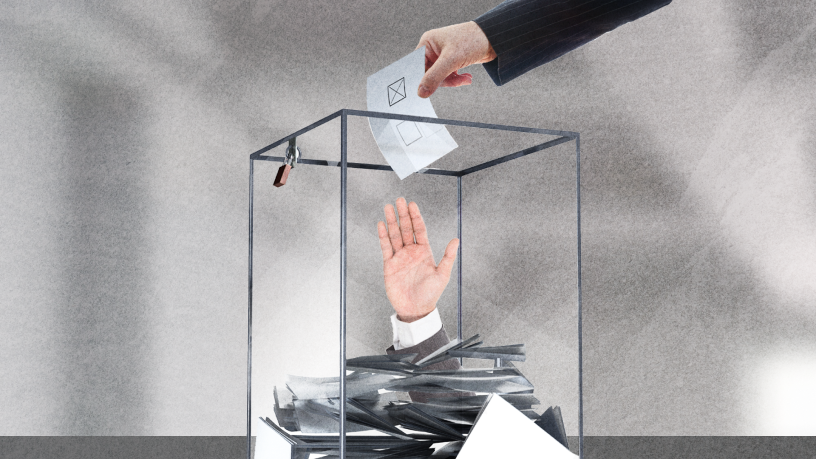
“You don’t even represent us”. As a result of falsifications, the Academic Council of IPPI RAS was headed by Dissertnet figures
T-invariant has repeatedly described how the Ministry of Education and Science and the leadership of the Russian Academy of Sciences are destroying the Institute for Information Transmission Problems (IPPI RAS). The demonstrative cancellation of the contract with the head of the institute, Andrei Sobolevsky, ignoring the opinion of scientists, led to a conflict between the…
-
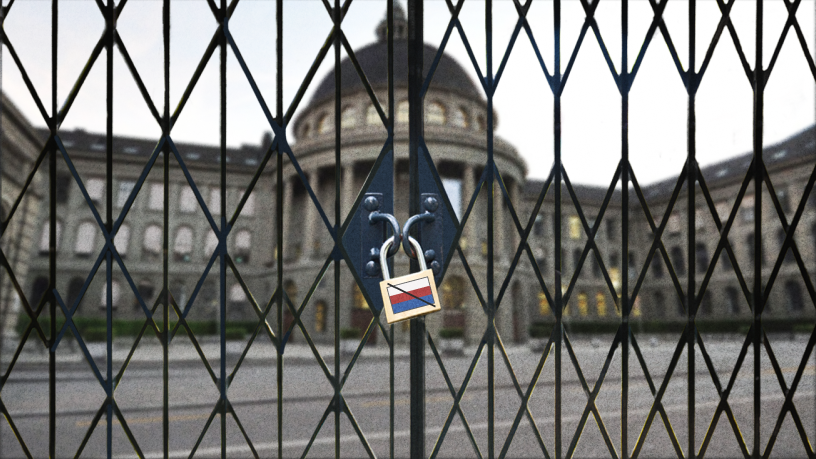
Swiss cross on Russian students: famous Zurich university imposes sanctions on them for “security reasons”
The ETH Zurich has adopted new security rules that effectively make it impossible for Russian students to enrol in the university’s master’s and doctoral programmes. T-invariant managed to speak to students who have lost the opportunity to study at this prestigious institution and to take comments from the ETH itself.
-

Sovereign Journals for Sovereign Science: How the System of Scientific Periodicals in Russia is Collapsing
The redistribution of the market for the publication and distribution of academic scientific journals has led not only to serious delays in the publication of scientists’ works, but also to Russia’s self-isolation in the global market of scientific periodicals. By the beginning of December 2024, almost 75% of Russian academic scientific journals have not gone…
-
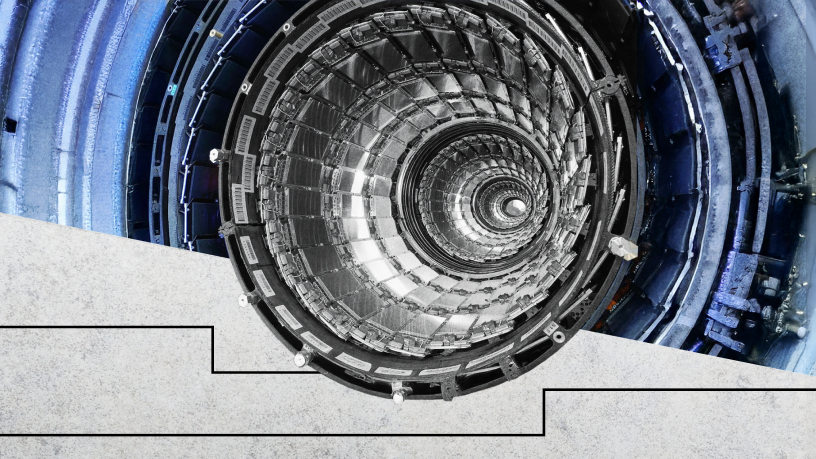
“Kovalchuk proposes that our scientists become a dish on the table of an ogre.” Why Russia has failed to maintain relations with CERN
on 30 November 2024, the five-year agreement between the European Organisation for Nuclear Research (CERN) and the Russian Federation will end. T-invariant recalls how dramatically CERN and Russia have severed their relations over the past years and publishes an interview with a witness to these events – scientist Andrei Seriakov from St Petersburg.
-
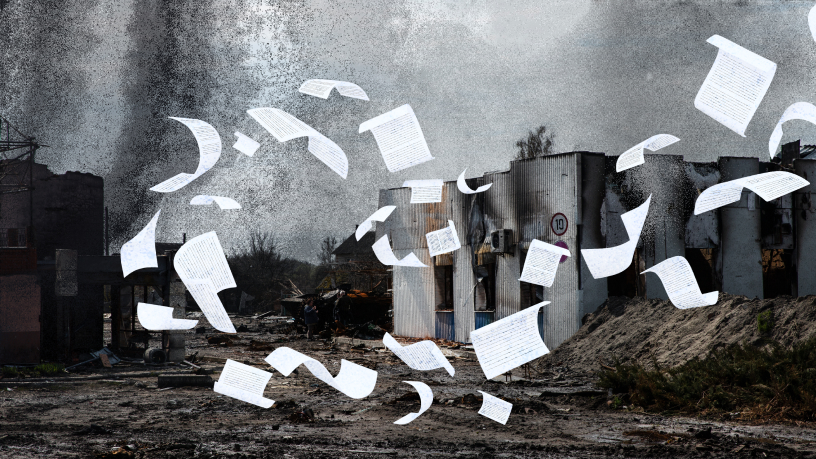
“First Student”. Why SPbSU rushed to ban its staff from publishing in open access scientific journals
St. Petersburg State University was the first Russian university to ban its employees from publishing in international open access journals published by Elsevier. There are good reasons for this: as Elsevier told T-invarinat, the funds received from Russian authors are indeed sent to Ukraine.
-
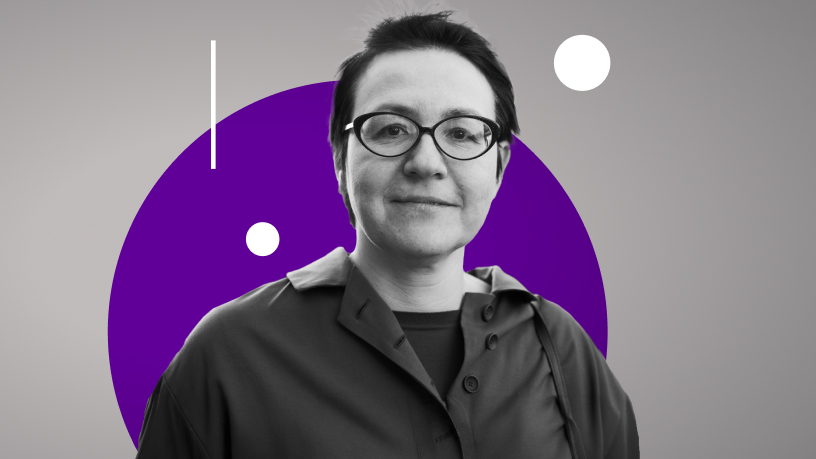
Ekaterina Zhuravskaya: “Expectations from the sanctions were clearly too high”
One of the winners of the George Gamow Prize this year was Ekaterina Zhuravskaya, a professor at the Paris School of Economics. In an interview with T-invariant, she told how modern economic science works, whether it is possible to evaluate the results of sanctions and what studies of Goebbels’ propaganda can tell us about the…
-
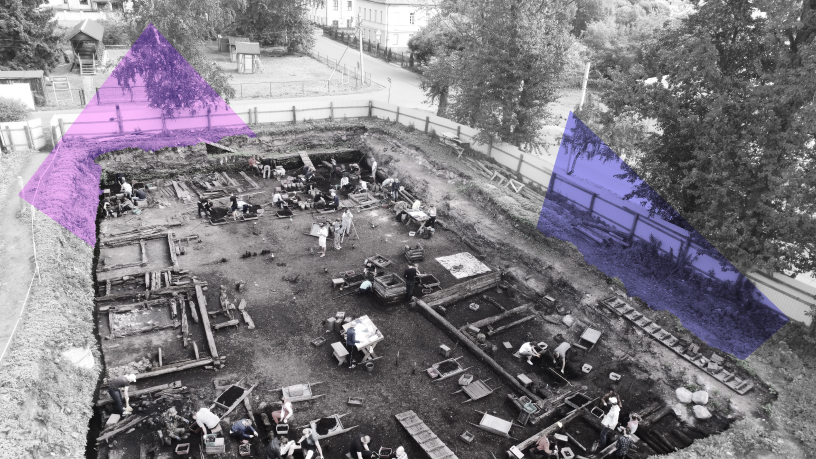
To dig or not to dig? Will the construction of a museum centre hinder the salvation of the Novgorod birch-bark literatures?
“The Troitsk excavation under threat”, “The last chance to learn our history”, “Archaeologists ask for help ” – only a small part of the publications that appeared this autumn. Fears of losing ancient Novgorod literatures are connected with the construction of the historical and archaeological centre, which is due to start this year.
-
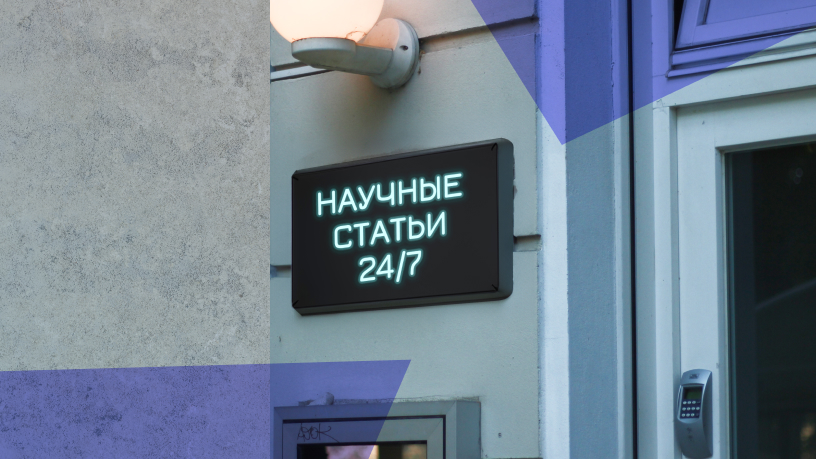
…but it is possible to sell authorship. How a Moscow company forges scientific articles and places them in foreign journals
Recently, American scientist Sam Payne received a review of his own article published three years earlier, but now its authors were five employees of Sechenov University. So the world scientific community learnt about the Russian company “International Publisher”, which is engaged in the production of fake scientific articles and places them for money in major…
-
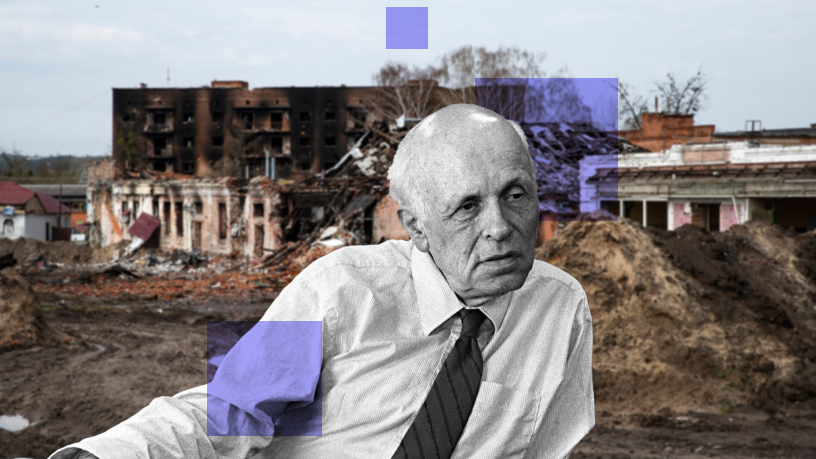
Global Challenges and the Search for Harmony in the Context of the Sakharov Paradigm
The problems of various countries, including Russia, Ukraine, Israel, the USA and China, are part of the global agenda of the future of humanity, including technological and humanistic issues that are being revised today and worry many of us. About the new “dispute of physicists and lyricists” in the context of the Sakharov paradigm “Peace,…
-

Selecting the best vs academic equality: why DEI practices are not catching on in Germany
A recent article by a group of American professors on the introduction of DEI into university practice in the United States has caused a wide resonance. To what extent can DEI be considered a purely American phenomenon, and to what extent has it been assimilated by academic communities in other countries? Germany is a curious…
-

“Sunny Peak” of Sparrow Hills.
How big computational science at Moscow State University became secret and what Putin’s daughter has to do with itMoscow State University has announced the creation of the “world’s second or third most powerful” supercomputer, having purchased components for it through a Chinese firm trading on AliExpress. T-invariant tells us how, under conditions of total sanctions on Sparrow Hills, they managed to assemble a classified computing complex and what Vladimir Putin’s daughter Katerina Tikhonova…
-

Non-free laser on free electrons. How scientists from Russia lost the opportunity to work on a unique facility?
As of 30 November, Russian scientists will no longer have access to the facilities of the European Organisation for Nuclear Research. This is not the only scientific instrument to which access has been closed due to Russia’s invasion of Ukraine. T-invariant takes the example of the European XFEL free electron laser to understand what this…
-
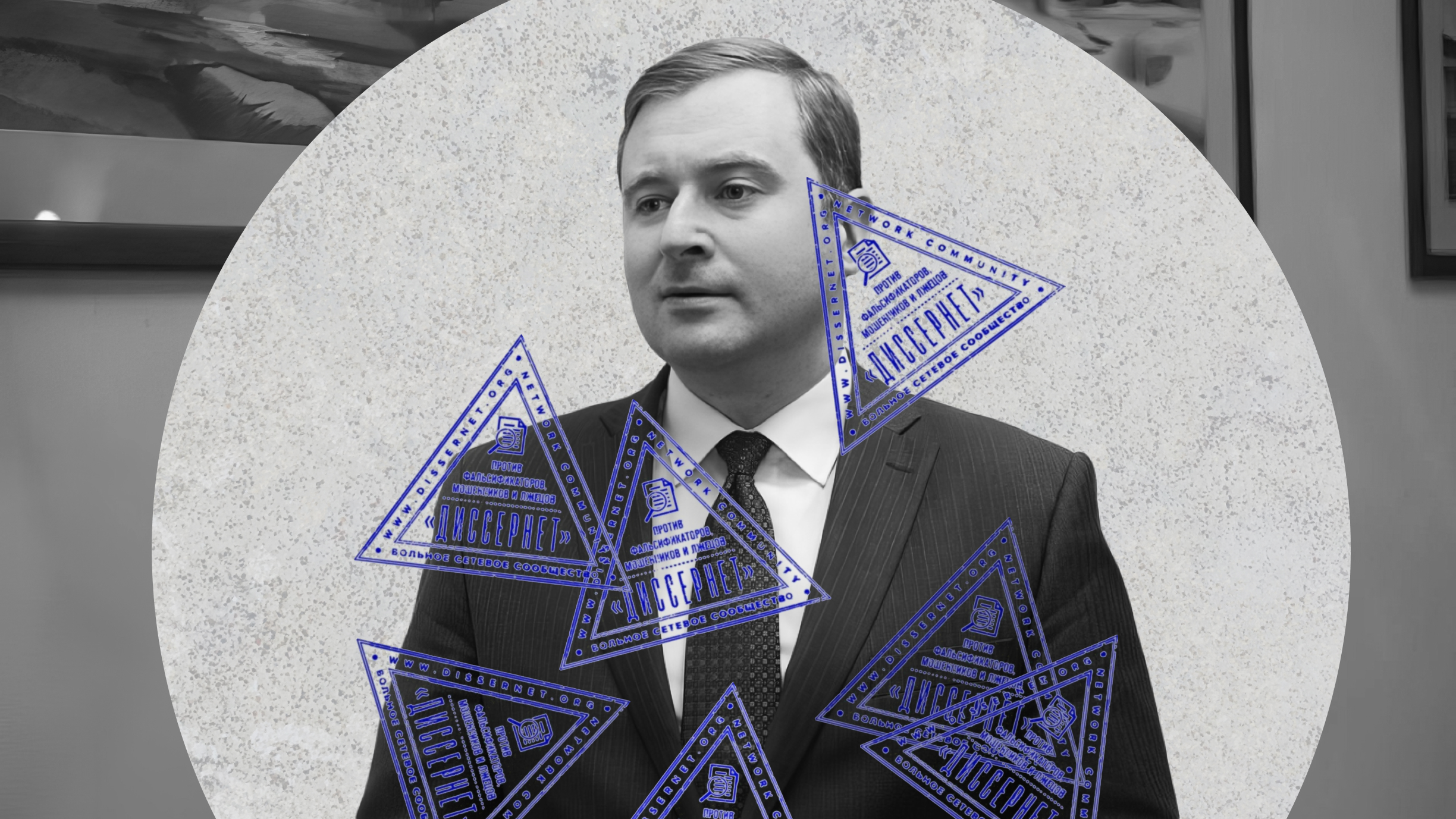
Acting deputy director of IPPI RAS became a scientist with a scandalous reputation
In early September, it became known that Dmitry Repin, who previously held the position of Advisor to the Rector of the Russian Academy of National Economy and Public Administration, was appointed Acting Deputy Director of IPPI RAS. The appointment took place against the background of the ongoing public conflict between the scientific staff of the…
-

“Competent” assistants: how “Dissernet” defendants advise the Ministry of Education and Science
Students of the “School of District Anti-Corruption” together with Groza and T-Invariant studied the composition of expert councils at the Ministry of Education and Science of the Russian Federation. It turned out that more than 10 per cent of the experts who influence decision-making “on the most important issues of the ministry’s activities” are plagiarists…
-

What is happening to the vessel Akademik Nikolai Strakhov and to the Russian scientific fleet
In the Kara Sea, for the second week now, a drama has been developing around the research vessel “Akademik Nikolay Strakhov”, which is stuck there. T-invariant describes the broad context of the problem and tells what role Mikhail Kovalchuk can play in the emergency, who tried in the summer to bring the Institute of Oceanology…
-

Dmitry Dubrovsky: “Our classes are an opportunity to be a little free in an already unfree country”
How do universities in exile try to preserve academic freedoms for those who have lost them? Why and at what point does the idea of boycotts of universities begin to contradict academic freedoms? T-invariant spoke to Dmitry Dubrovsky, PhD in History, Professor at the Free University.
-

Infofield of battle: how and where propagandists are trained in Russian universities today
Since September 1, a number of Russian universities have begun training “information warfare specialists”. Such programs were “tested” even before the full-scale invasion, but this year there have been significantly more of them. T-invariant found out which universities have such programs and who will teach students propaganda.
-

Scientists Who Created the Future: Academic Resistance in Nazi Germany
The internal German resistance to the National Socialist dictatorship is a phenomenon that is not well known to anyone other than specialists. Nevertheless, there were many hotbeds of such struggle. T-invariant tells the story of a group of scientists and teachers who united around professors from the University of Freiburg. Its members worked closely with…
-
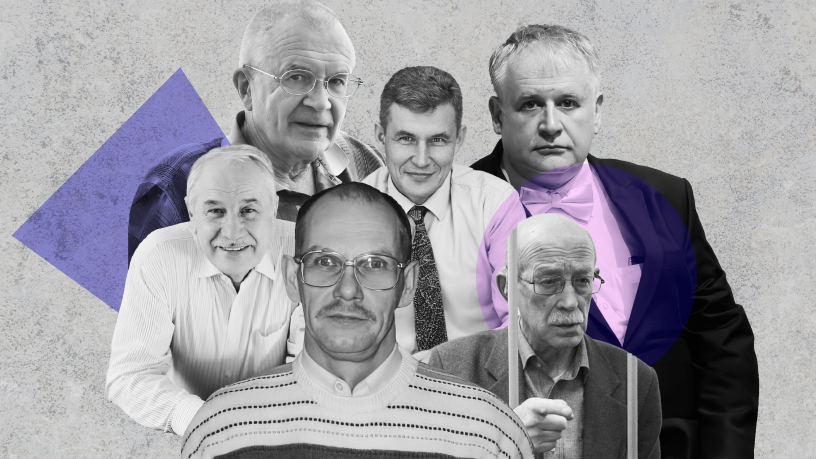
“Hypersonic Horror Continues.” What Physicist Alexander Shiplyuk’s Fifteen-Year Sentence Says
The harsh sentence for the scientist is not an exception to the rule, but the current norm. It was not by chance that the prosecution asked to give Shiplyuk the maximum possible 20 years: the cruelty of the repressions is directly related to the war in Ukraine. Moreover, in the summer of 2023, amendments were…
-
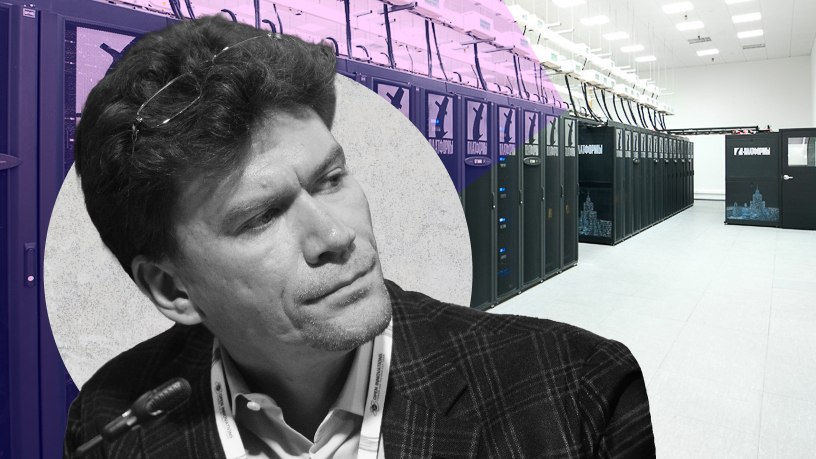
Sanity Check: How and Why Security Forces Destroyed Russia’s Supercomputer Industry
T-invariant is starting a series of materials about the state of the supercomputer industry in Russia and the world. Today we will tell you about the brightest player in this small but strategically important market — the company T-Platforms and its founder — Vsevolod Opanasenko, who has been living under a criminal case for the…
-

“Not all physicists are hackers.” FSB accuses young scientist of organizing DDoS attacks, then of treason
33-year-old physicist Artem Khoroshilov is accused of treason. The FSB declared him a hacker who, on orders from the Ukrainian Armed Forces, organized “attacks on critical information infrastructure facilities.” The employee of the Prokhorov General Physics Institute of the Russian Academy of Sciences could face life imprisonment.
-

Buy an article cheap: which universities order research in dubious scientific journals
RSUH, RUDN, Financial University under the Government of the Russian Federation, MGPPU were among the universities that founded and published journals with violations. “Laboratory of University Transparency” (Lupa) and T-invariant checked government procurement of 100 higher education institutions and found out that some of them conclude contracts with dubious publications.
-
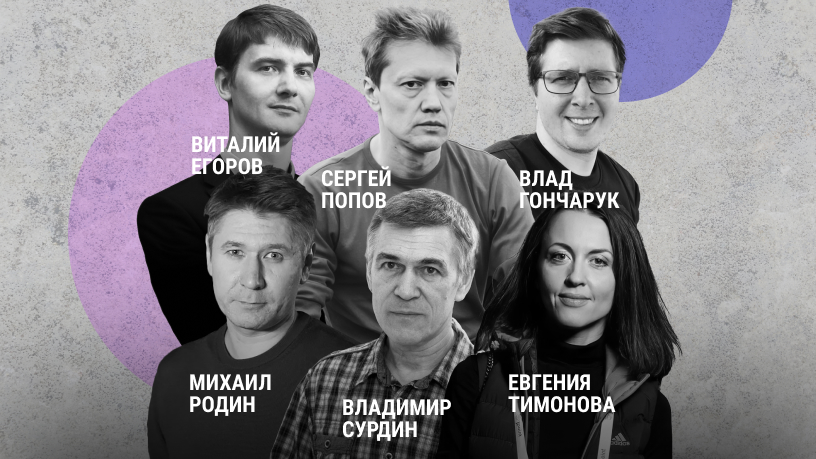
“VK Video will simply postpone oblivion and media death. It’s a video hospice.” Popularizers of science and million-follower bloggers on the cessation of YouTube in Russia
The full-fledged work of the YouTube video service in Russia is gradually ceasing. What do scientists, leading million-viewer channels, and bloggers who popularize science think about this? Astrophysicists Sergey Popov, Vladimir Surdin, historian Mikhail Rodin, popularizers of science Vlad Goncharuk, Evgenia Timonova and Vitaly Egorov answer.
-

Igor Efimov: “If DEI principles prevail in the US and European universities, talent will start leaving.”
The DEI ideology is diversity, equity, inclusion. What will happen to science if DEI principles win? T-invariant talked about this with one of the authors of the article “Politicizing science funding undermines public trust in science, academic freedom, and the unbiased generation of knowledge”, professor of biomedicine at Northwestern University in Chicago Igor Efimov.
-

“Service” experts: Tomsk linguistics students prepare conclusions on real court cases during their studies
Tomsk State University graduated the first masters of the pilot program “Legal Linguistics”. As graduation theses, students defended a portfolio of linguistic research and expert assessments on real criminal and administrative cases.
-
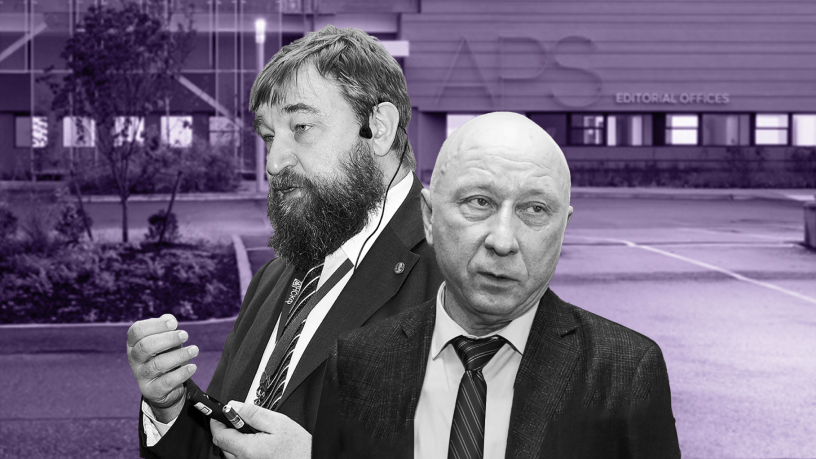
Academic exchange at the FSB rate. American Physical Society stands up for Russian scientists
The FSB has been persecuting members of the Russian Academy of Sciences Sergey Abramov and Oleg Kabov for several years now. Their criminal cases are so unprecedented that the American Physical Society, one of the largest in the scientific world, is worried about their fate. Its representatives are sending letters to the President of the…
-

Universities in Exile: A Growing Industry
University education is increasingly becoming a hostage to political upheavals. Mass migrations of scientists are the new reality of academic life. What are the main problems of scientists in exile? Do they have a chance to preserve traditions, scientific schools and programs? These and other issues were discussed by participants of the conference Sustainable knowledge:…
-
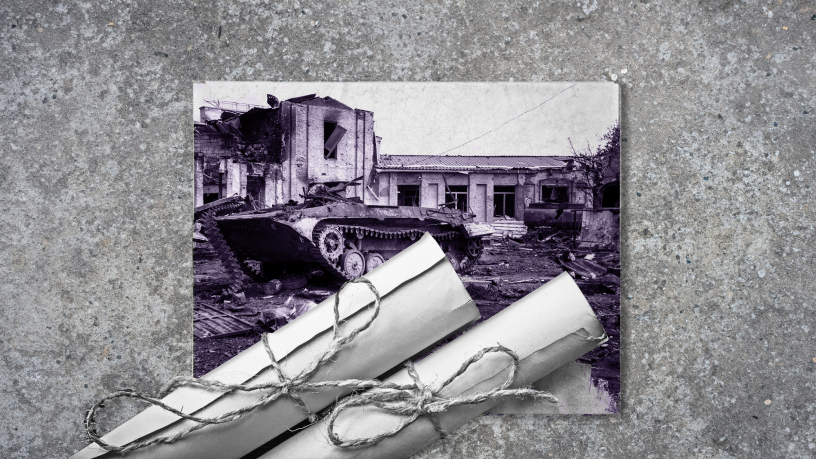
Black mark in the “white list”. What threatens Russian scientists by forcing them to donate to Ukraine?
In the spring of 2022, major publishers of scientific periodicals stopped collaborating with Russian organizations. In response, the Russian authorities initiated a “white list” of publications in which publication would be the basis for grant reporting. About 500 journals recently disappeared from the list – and returned with a recommendation to refrain from paying for…
-

Eurasian, imperial, official, millionaire: the story of the new rector of the Russian State University for the Humanities Andrey Loginov
At the end of June, acting Rector of the Russian State University for the Humanities named Andrey Loginov, ex-Deputy Minister of Justice of Russia. This happened against the backdrop of a public scandal around the “Higher Political School” named after Ivan Ilyin, headed by Alexander Dugin, created at the university. T-invariant analyzed Loginov’s biography and…
-

Sociologist Nika Kostenko: “Time works against the return of those who left”
At the beginning of March 2022, graduate students of the European University in Florence Emil Kamalov and Ivetta Sergeeva, political scientist Margarita Zavadskaya and sociologist Nika Kostenko launched a sociological project OutRush, during which they surveyed three waves of those who left. Who are these people, what do they do, what do they think about…
-

“Window to the West”: how will the fate of the last channel of interaction between Russian physicists and CERN be decided?
The Joint Institute for Nuclear Research in Dubna and the European Organization for Nuclear Research may sever official relations as early as this week.
-

Undesirable two years: how the Fulbright program for Russian scientists ends
Even before the war with Ukraine, about 150 young Russian scientists became Fulbright scholarsand got the opportunity to study at American universities. In March of this year, the IIE and Cultural Vistas organizations sponsoring the program were declared undesirable in Russia. T-invariant looked into what awaits fellows in their home countries and what alternatives young…
-

Not everyone is for the king. For the first time in the history of the Russian Academy of Sciences, FSO employees did not allow academicians to attend the General Meeting
Academicians turned to Vladimir Putin with a proposal to head a new body of the Russian Academy of Sciences – the Board of Trustees. But not everyone was able to vote for this decision. FSO employees blacklisted more than twenty scientists and did not allow them to attend the General Meeting of the Russian Academy…
-

Mikhail Edelshtein: “We have only two bonds: victory in the Second World War and homophobia”
Censorship has actually returned to Russian book publishing, and the state’s special attention today is connected with LGBT issues. Some books are withdrawn from sale, others are removed from the school curriculum, and others are published with pages painted over. In an interview with T-invariant, cultural historian, candidate of philological sciences Mikhail Edelshtein explained what…


